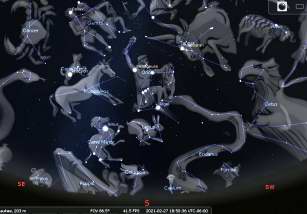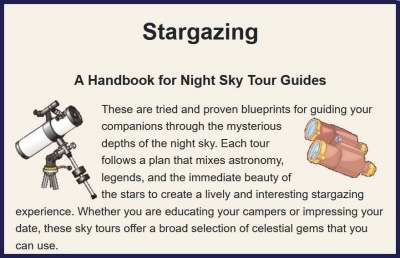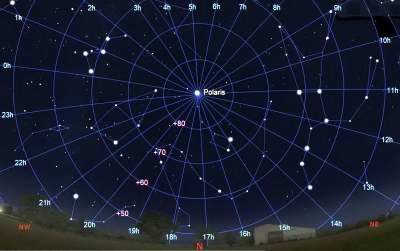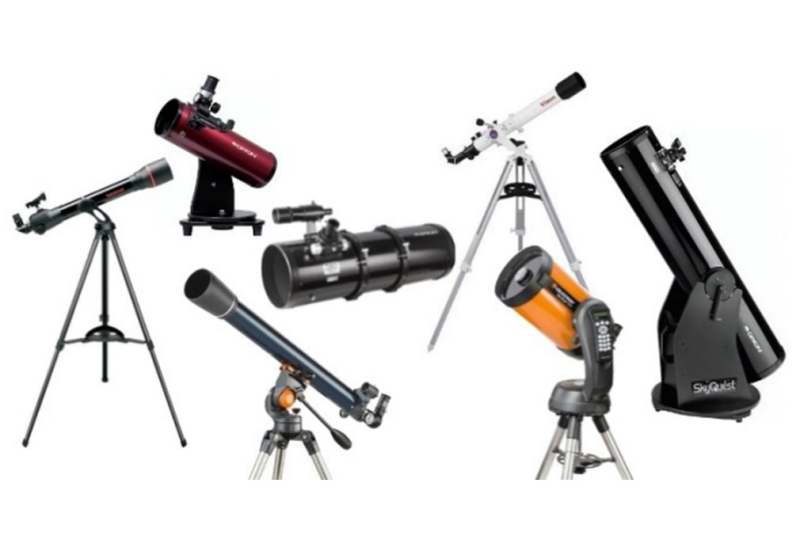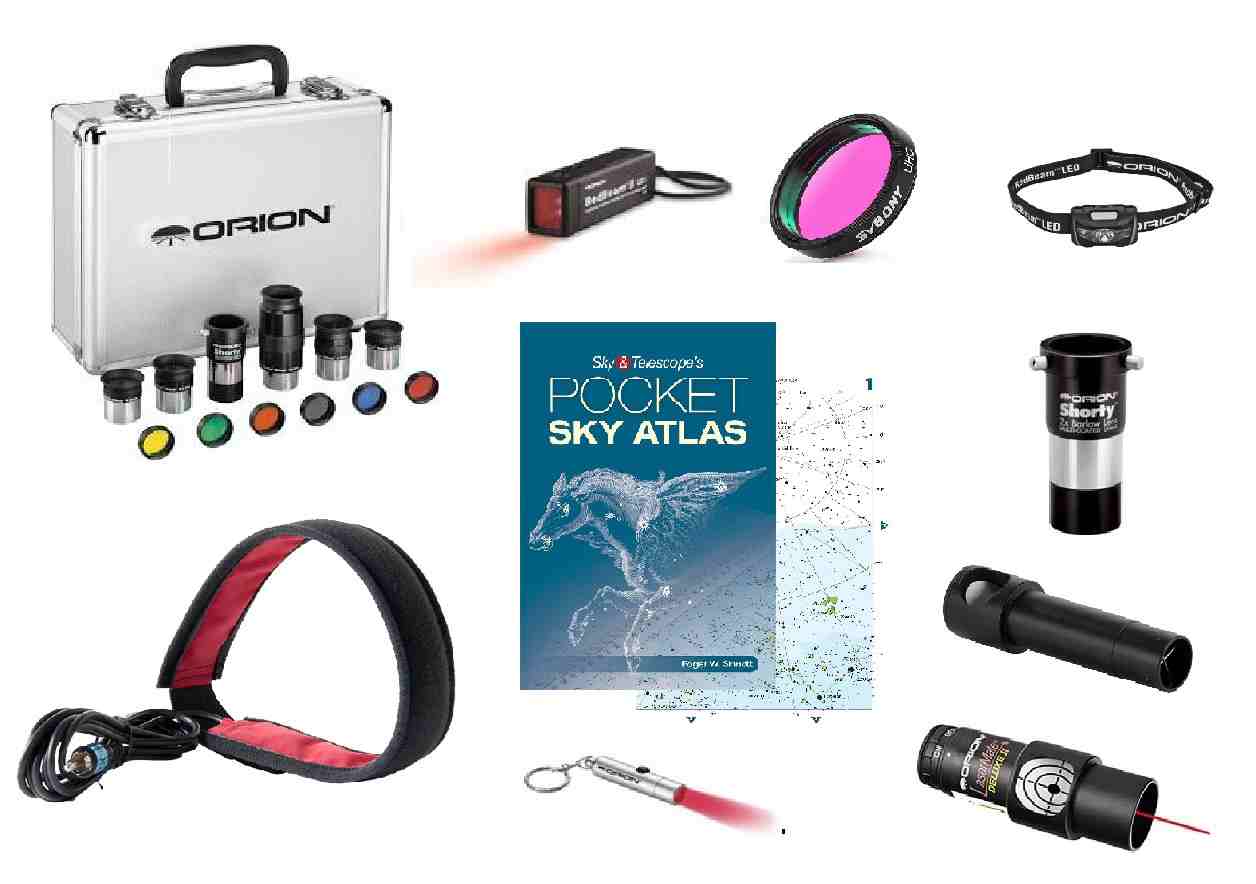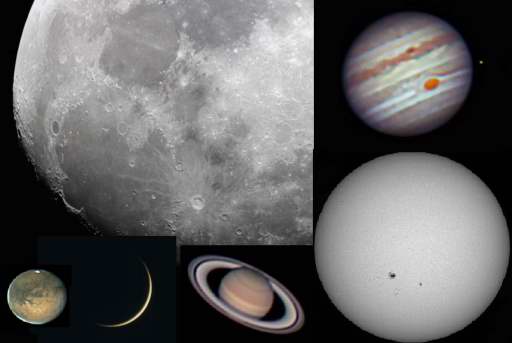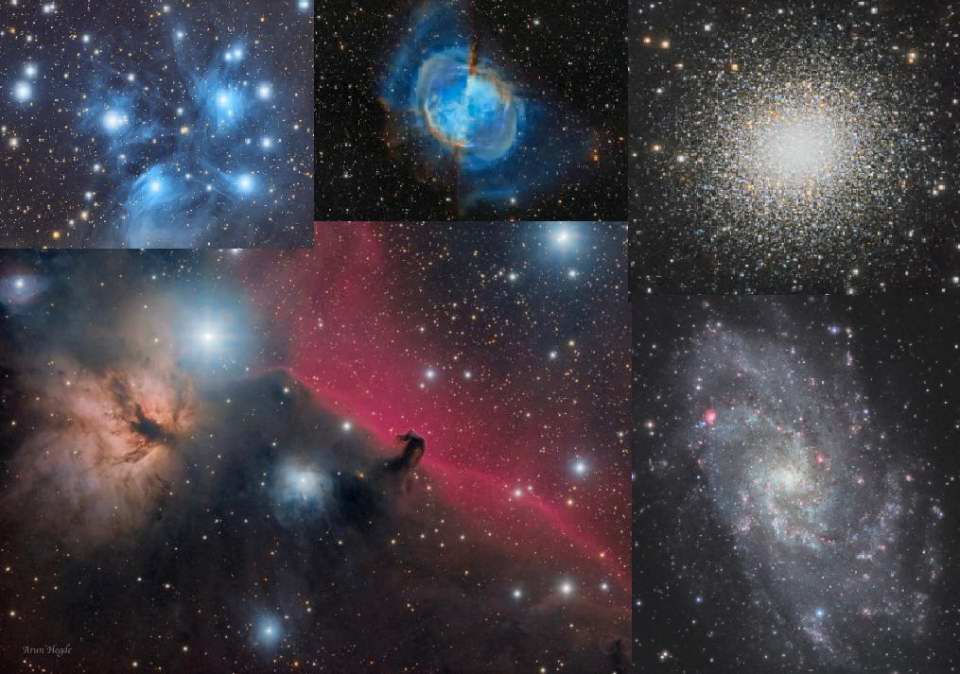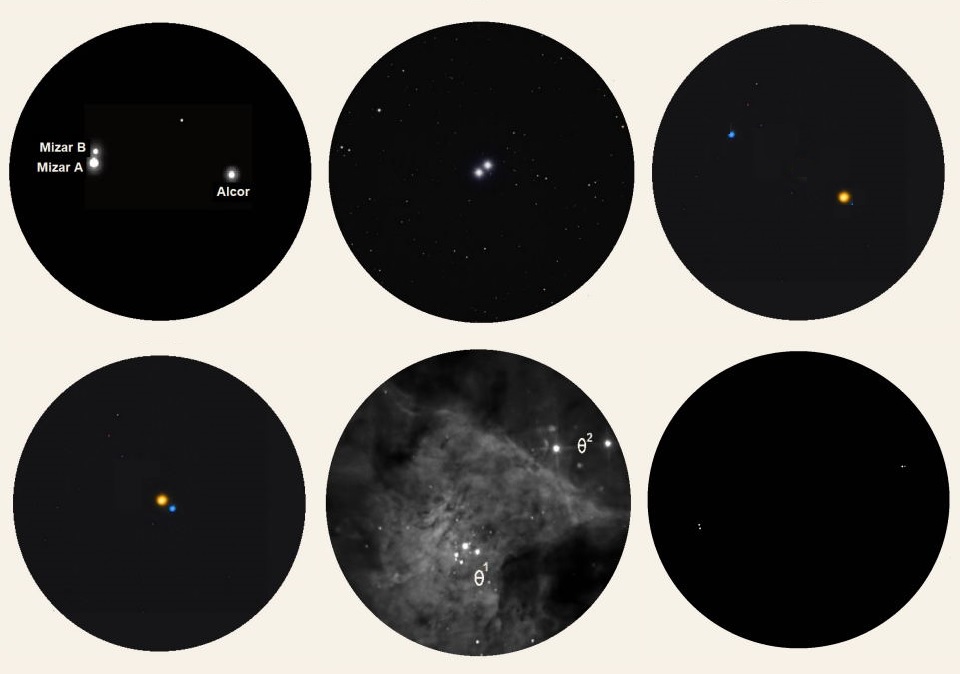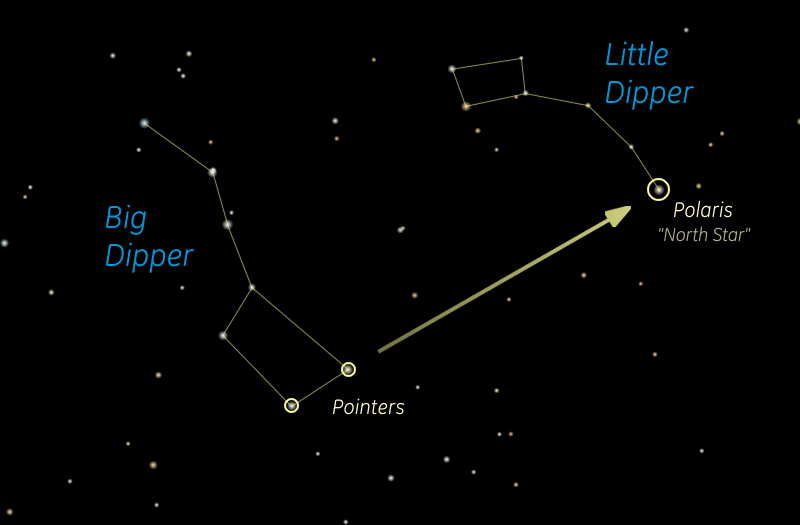Astronomy Beginner's Guide
Introduction
Why This Astronomy Beginner's Guide?
There have been a good number of books written and a good deal of internet articles to help beginners start in astronomy. But at the Milwaukee Astronomical Society (MAS) we still get questions about getting started. Both from the general public and our own membership as many of them are still beginners. The most common are recommendations on what telescope to purchase and those seeking help because they already have bought a telescope. People even ask us how much do they need to know before becoming a member of our club. Spoiler alert: there is no minimum knowledge. Those that have joined our club have knowledge that spans the spectrum from raw beginner to those having advance knowledge. But all of our members have the same goal: they want to learn more!
Join an Astronomy Club!
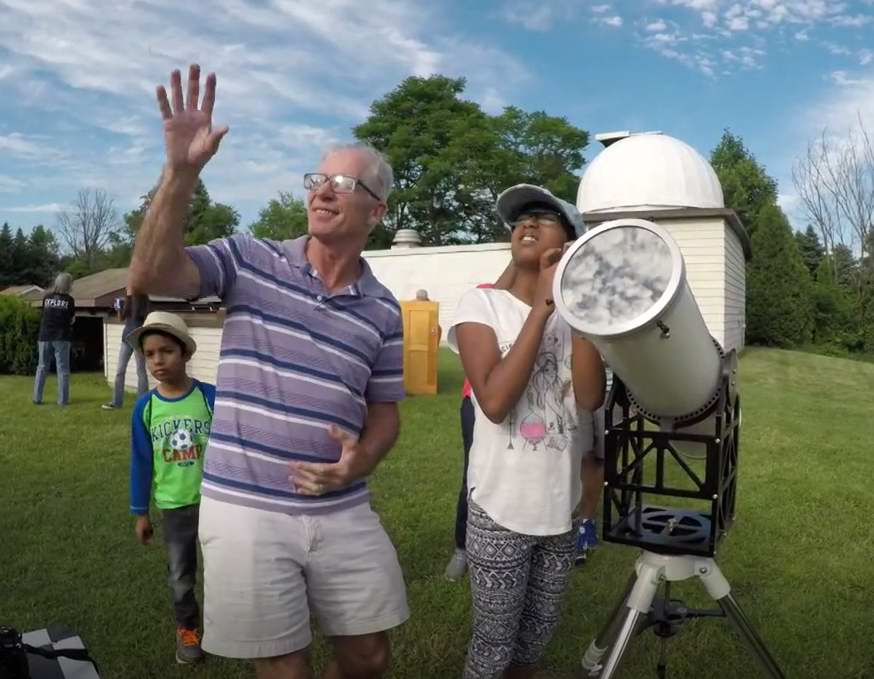 Though we
are going to offer instruction on how to get started, it is immeasurably helpful to have a real person(s) who can help
you out when the going gets tough and we guarantee it will be tough at times. Maybe you have a family member into astronomy
who knows a lot and can be that helper. Maybe a friend, even a close neighbor. Unfortunately that is the rare exception. That is where an astronomy
club like the Milwaukee Astronomical Society can step in. We have many members who were all exactly in your position and are
very willing to offer that help. Along these lines the MAS does a series of public open house nights where we show astronomical
objects - to the unaided eye, in binoculars, and of course in telescopes. Sadly, for many of our guests it is the first time
they've seen objects in a telescope.
Though we
are going to offer instruction on how to get started, it is immeasurably helpful to have a real person(s) who can help
you out when the going gets tough and we guarantee it will be tough at times. Maybe you have a family member into astronomy
who knows a lot and can be that helper. Maybe a friend, even a close neighbor. Unfortunately that is the rare exception. That is where an astronomy
club like the Milwaukee Astronomical Society can step in. We have many members who were all exactly in your position and are
very willing to offer that help. Along these lines the MAS does a series of public open house nights where we show astronomical
objects - to the unaided eye, in binoculars, and of course in telescopes. Sadly, for many of our guests it is the first time
they've seen objects in a telescope.
Another great reason to join is the access to experienced amateurs that can give you advice about purchasing a telescope and other equipment you might need. Though much information can be found through our Beginner's Guide about telescopes and equipment, it's hard to beat a one-on-one interaction. You will certainly learn there are questions needing answers that you did not know needed to be asked.
But the Milwaukee Astronomical Society isn't the only astronomy club. You should join a club that is near enough in proximity that you can reasonably attend their meetings so you can meet other astronomy enthusiasts. We offer the following list of astronomy clubs:
Milwaukee Astronomical Society list of clubs in Wisconsin and Northern Illinois.
Astronomical League list of affiliated clubs in the United States.
Spoiler Alert!
Unfortunately you will find that astronomy will test you. It will test both your patience and humility, and at times you'll be frustrated. At first it will seem that it might be impossible. There is so much to learn, and especially when you put a telescope into the mix. And even when you've learned stuff there is the weather - endless cloudy nights, freezing temperatures in the winter, and mosquitoes in the summer.
We are not telling you this to discourage you! We point this out to let you know that all of this is normal. One of the reasons that astronomy is so ultimately satisfying is that you overcome that knowledge barrier and learn to deal with all of those obstacles. And we can't stress this enough: you don't have to learn it all at one time!
Important Note: We only provide help to the general public during our Open House nights and virtually through the articles on this website. The helpful instruction we offer (providing hands on help and answering questions) is to our membership.
How Much Do I Need To Know?
Unfortunately our answer will probably not be very satisfying. You need to know enough. Keep in mind you are not taking a class in school where there's going to be a test. The reality is everyone's needs are different and thus what you should know will vary. Treat learning astronomy as you should life: it's not a destination but a journey. And never forget that this is a hobby! Your main goal is to have fun so you'll naturally gravitate to the areas that are of most interest to you.
Listed below are the various beginner sections. They are listed roughly in the order you might read them, but it is only a suggestion. You may take these out of order. However, we can't stress enough that it is always worthwhile to return to sections you've previously read because you will get more out of them.


